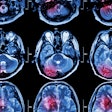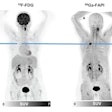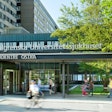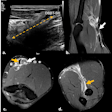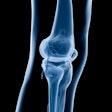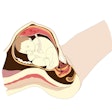An international team of researchers has discovered a new breast cancer gene, according to a study published online in the New England Journal of Medicine.
Multiple endocrine neoplasia type 1 (MEN1) is a rare hereditary disease in which a mutation of the MEN1 gene makes patients susceptible to developing both benign and malignant tumors on hormone-producing organs such as the parathyroid gland, pancreas, and pituitary gland. Since animal studies have suggested a link between the MEN1 gene and breast cancer, lead researchers Dr. Koen Dreijerink, PhD, from the Dana-Farber Cancer Institute in Boston, Massachusetts, U.S., and Dr. Gerlof Valk, PhD, from the University Medical Center (UMC) Utrecht, as well as colleagues from the University of Burgundy in Dijon, France, and the University of Tasmania in Australia, studied the risk of breast cancer in women with the syndrome (NEJM, 7 August, 2014).
The study included 190 Dutch female MEN1 patients. The researchers found that, among the women with a gene anomaly in the MEN1 gene, the probability of developing breast cancer was almost three times greater than for women without the gene anomaly, and they found that the disease occurs at a relatively young age (average age at diagnosis, 48). These results were confirmed in three studies among a total of 675 women with the MEN1 anomaly in Australia, the U.S., and France.
"Our study demonstrates for the first time that, in addition to the known risk of endocrine tumors, women with a mutation of the MEN1 gene also run a greater risk of developing breast cancer," Valk said in a statement released by UMC Utrecht. "Based on this finding, we will contact the Netherlands' clinical genetics association and screening organizations to discuss whether women with a mutation of the MEN1 gene should be regularly screened for breast cancer from an early age onwards."










